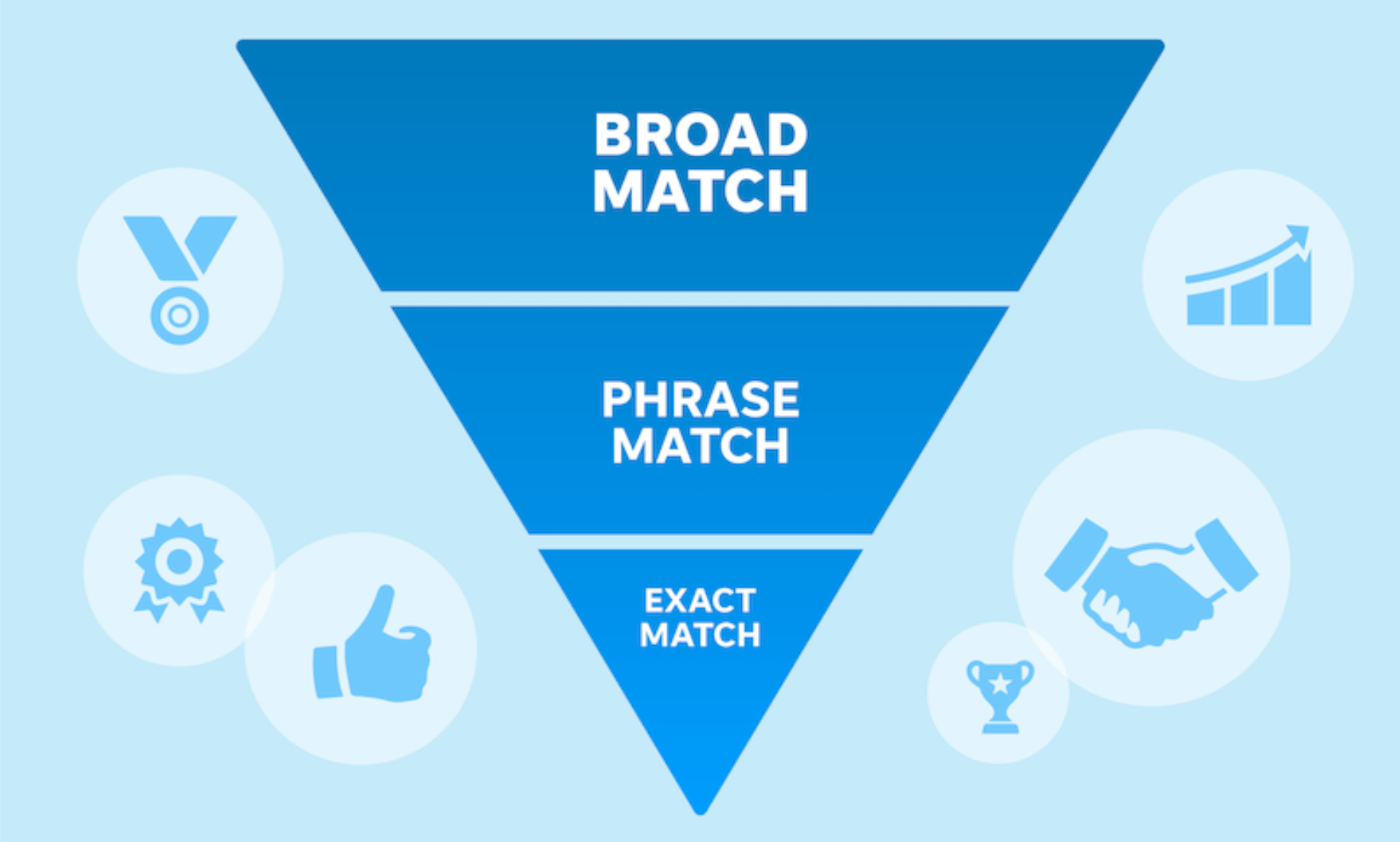Keyword matching in Google Ads is like playing with Legos. You’ll eventually figure it out, but only after an absurd number of attempts.
Fortunately, Google has announced a few changes to make keyword matching simpler… we hope.
Why Google changed keyword matching
Broad and phrase match keywords that are identical to a query will now always match.
Confusing?
Well, here’s an example of keyword matching that helped.
Assume someone searches Google for “sushi delivery near me” and you bid on two broad match keywords:
- sushi delivery and
- sushi delivery near me
Before this update, both keywords would have been eligible to match this query.
Following this update, the keyword sushi delivery near me would be the preferred match because it is identical to the search query.
Relevance is also becoming a keyword matching factor: If a search query isn’t identical to a keyword, Google will now consider relevance signals in addition to your Ad Rank when deciding what to match.
Also confused?
We don’t blame you. Try picturing it this way:
Assume someone searches for “quick sushi delivery near me”.
In your campaign, you have a broad match keyword food delivery and a phrase match keyword fast sushi delivery.
With this update, the latter (fast sushi delivery) will match because it’s more relevant to what the searcher is looking for.
Let’s hope that with this update the keyword matching confusion, and blank stares, will be a thing of the past.


